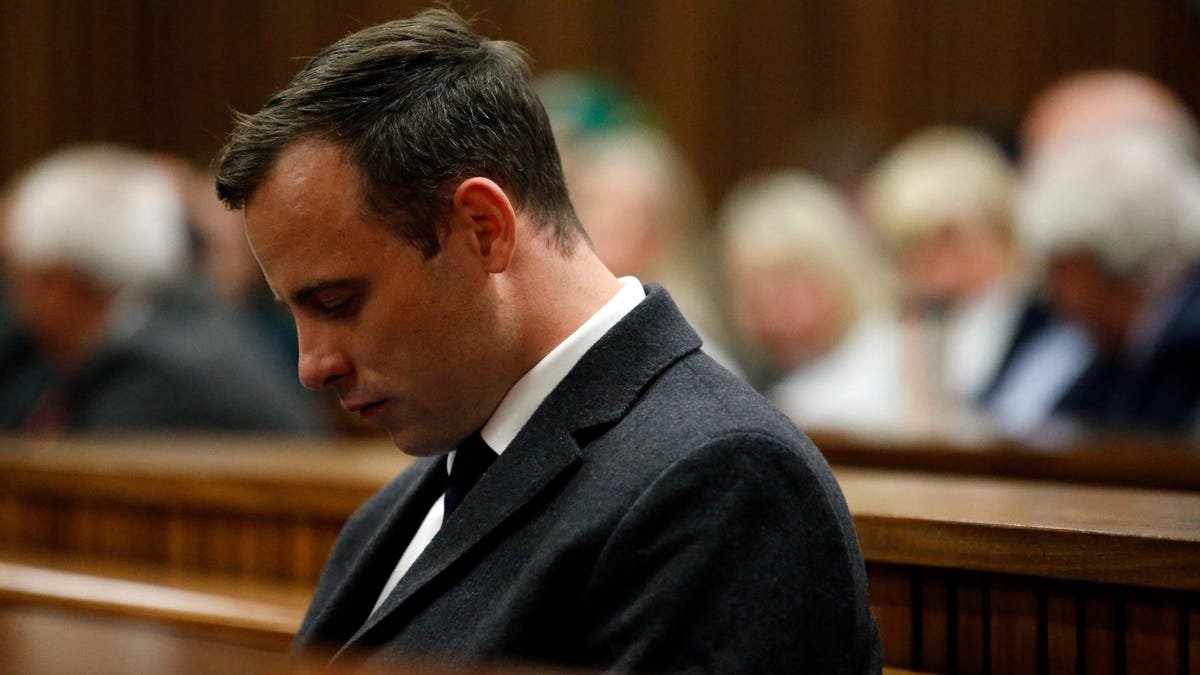Oscar Pistorius, the double-amputee sprinter who shot and killed his girlfriend, Reeva Steenkamp, in 2013, has been quietly released from a South African prison today. Pistorius, who gained fame as the “Blade Runner” after his impressive performance in the 2012 Olympics, was serving a 13-year, five-month sentence for the fatal shooting. However, his sentence doesn’t officially expire until December 2029.
The news of Pistorius’ release has been met with controversy and concern. According to reports, the runner has allegedly been warned that he could be assassinated in retaliation for his actions. The threats are said to come from underworld figures who are sympathetic to Steenkamp’s family. Pistorius will be living in his uncle’s mansion, which is described as a fortified compound with armed guards, electronic defenses, and attack dogs.
Despite his release, Pistorius will face certain restrictions. He will not be allowed to do any media interviews, and he will be required to continue anger management therapy and attend a course on gender-based violence as part of his parole. These measures aim to ensure that Pistorius is rehabilitated and reintegrated into society.
The circumstances surrounding Pistorius’ release have been shrouded in secrecy. The Department of Corrections announced ahead of time that it would not publicize the release and that Pistorius would not be “paraded” for the media. This decision was made to avoid a media scramble and to protect Pistorius’ privacy.
Reeva Steenkamp’s mother, June, has released a statement expressing her thoughts on Pistorius’ release. She emphasized that there can never be justice when a loved one is gone forever and that no amount of time served will bring Reeva back. June Steenkamp added that her only desire now is to be allowed to live in peace.
The release of Oscar Pistorius raises questions about the criminal justice system and the nature of rehabilitation. While he has served a significant portion of his sentence, some argue that it is too soon for him to be released, considering the severity of his crime. Others believe in the importance of giving individuals a chance at redemption and reintegration into society.
Ultimately, the story of Oscar Pistorius serves as a reminder of the complex and often controversial nature of justice, forgiveness, and second chances. It sparks discussions about the responsibility of the criminal justice system to rehabilitate offenders and the rights and desires of the victims’ families. As Pistorius begins his life on parole, the world will be watching to see how he moves forward and whether he can truly rebuild his life.





